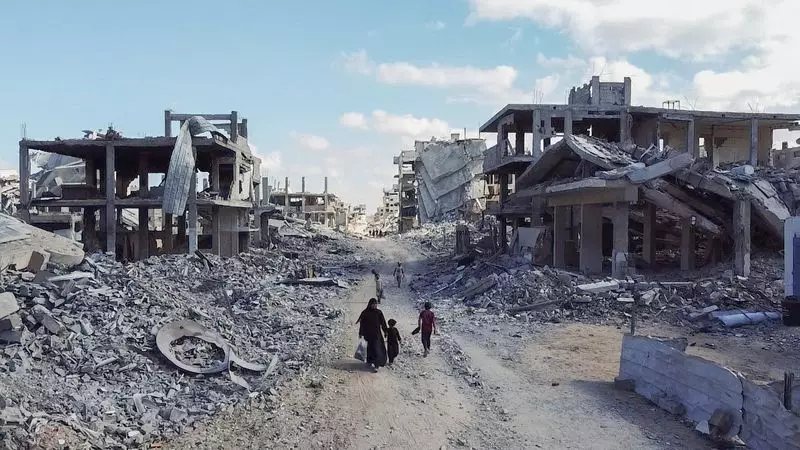
In a significant development for the humanitarian situation in Gaza, the vital Rafah border crossing connecting the Palestinian territory to Egypt is scheduled to reopen, according to an announcement from the Palestinian embassy in Cairo.
The crossing, which serves as Gaza's primary gateway to the outside world not controlled by Israel, had been closed amid escalating regional tensions. Its reopening comes as a relief to thousands of civilians trapped in the conflict-affected region.
Critical Humanitarian Corridor Restored
The Rafah crossing represents more than just a border point—it's a crucial lifeline for Gaza's 2.3 million residents. The reopening will facilitate:
- Urgent medical evacuations for critically injured patients
- Delivery of essential humanitarian supplies and aid
- Movement of international aid workers and diplomats
- Family reunifications for separated relatives
Coordinated Efforts Behind the Reopening
The decision to resume operations at the crossing follows extensive diplomatic negotiations between Egyptian, Palestinian, and international authorities. While specific security arrangements haven't been publicly detailed, the reopening suggests successful coordination between the involved parties.
This development comes at a critical time when Gaza faces severe shortages of medical supplies, food, and basic necessities. The border's reopening could significantly improve the flow of essential resources into the besieged territory.
What This Means for Gaza's Future
The resumption of operations at Rafah crossing represents a glimmer of hope for Gaza's civilian population, who have endured prolonged hardship. However, questions remain about the long-term stability of this vital passage and whether it will remain open consistently or operate intermittently based on security assessments.
International humanitarian organizations have repeatedly emphasized the importance of keeping border crossings open to prevent a complete humanitarian collapse in Gaza. The world will be watching closely to see if this reopening marks a turning point in the region's accessibility.





